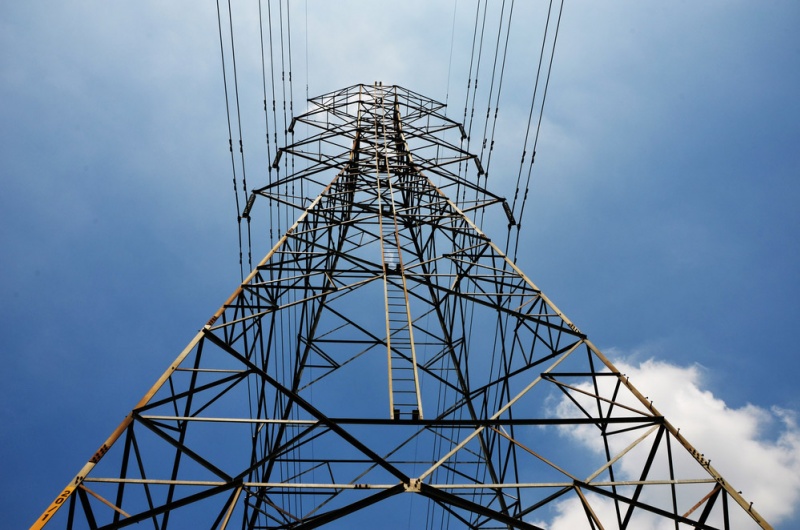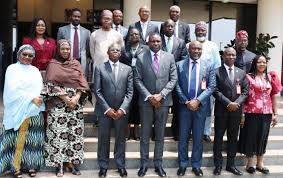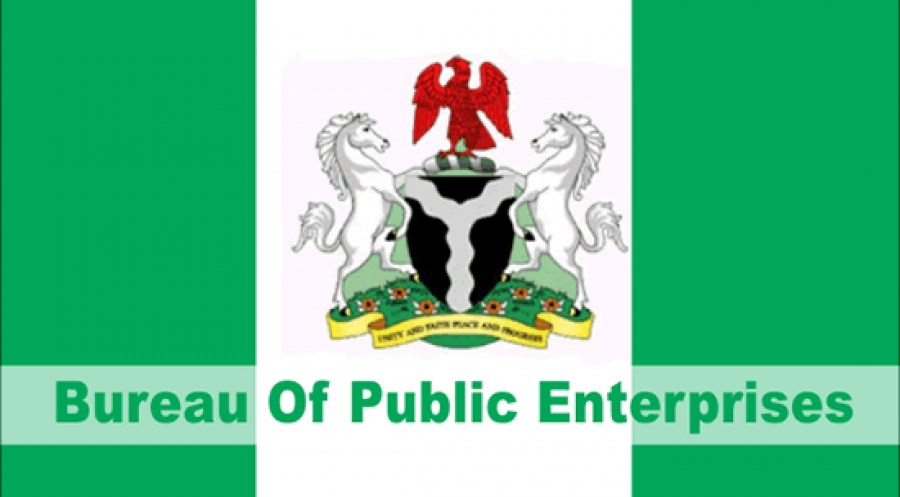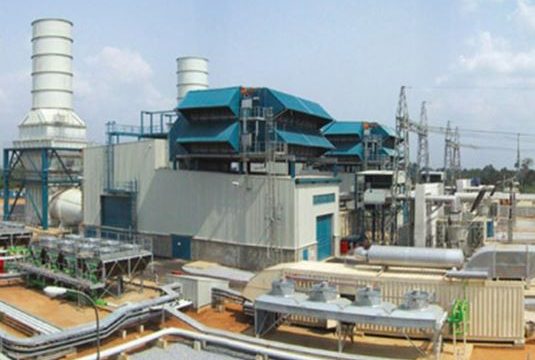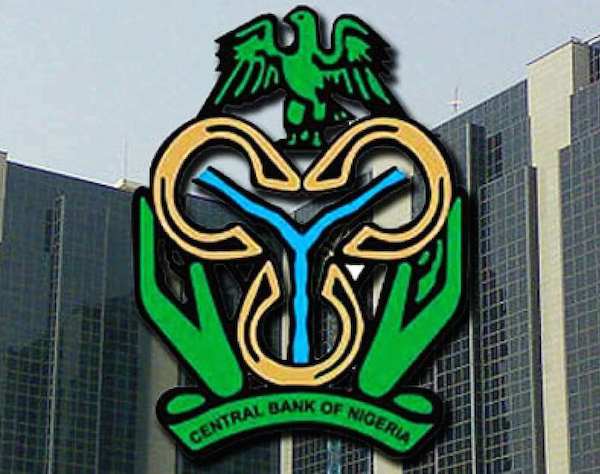The long stretch of opposite trending between the federal government and electricity distribution firms (Discos) in the country is taking a more dangerous dimension. This stemmed from the recent issuance of notice to declare force majeure due to the declaration by the Nigerian Electricity Regulatory Commission that eligible customers can purchase power directly from the generating companies Gencos).
The Minister of Power, Works and Housing, Babatunde Fashola, had earlier in the year declared as eligible, customers’ right to buy electricity directly from power generation companies, as against buying from the Discos.
This policy summersault further encouraged the NERC to issue a guideline and regulation that would see to the enforcement of the eligible customers’ policy, a development that the power distributors have opposed, arguing that if fully implemented, they would lose their major financially compliant customers.
In production business and contract law, force majeure are unexpected circumstances that can be used as an excuse to prevent a party from doing something written in a contract.
Discos have earlier registered their rejection of the option, saying it will put them out of business.
Reacting to the threat of force majeure, the Director-General, Bureau of Public Enterprises, Mr. Alex Okoh, said there is no basis for the issuance of the notice by the electricity distribution companies.
In his argument, vide a letter to the Discos, Okoh challenged the assertion by the power distributors that there had been a change in law and political force majeure event pursuant to certain clauses in the Performance Agreement, which the core investors in the Discos signed with the BPE.
A statement issued by the Head, Public Communications of the Bureau of Public Enterprises (BPE), Chukwuma Nwokoh, in Abuja this week, showed that Okoh rejected the notice to declare force majeure by the Discos.
The Discos had argued that the directive on eligible customers and the Eligible Customer Regulations had resulted in a change of law, which would prevent them from fulfilling their obligations under the Performance Agreement they signed with the BPE.
However, relying on the Electric Power Sector Reform Act, 2005, Okoh averred that it was obvious that the Minister of Power, Works and Housing was empowered to issue the policy directive and specify the class or classes of end-users that would constitute eligible customers.

 Entertainment5 days ago
Entertainment5 days ago
 Comments and Issues1 week ago
Comments and Issues1 week ago
 Comments and Issues1 week ago
Comments and Issues1 week ago
 Health7 days ago
Health7 days ago
 Comments and Issues1 week ago
Comments and Issues1 week ago
 Health3 days ago
Health3 days ago
 Football7 days ago
Football7 days ago
 Football7 days ago
Football7 days ago
